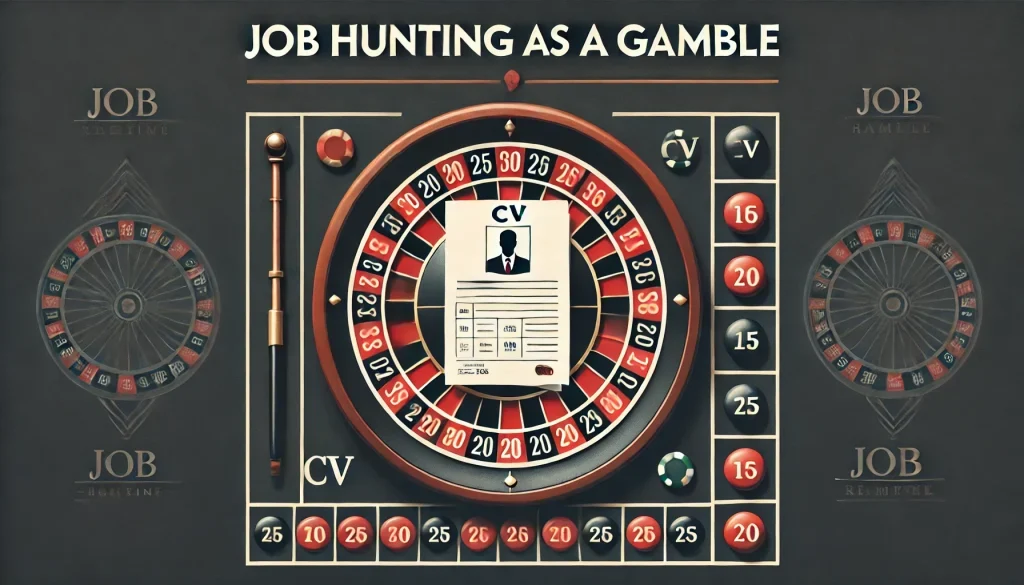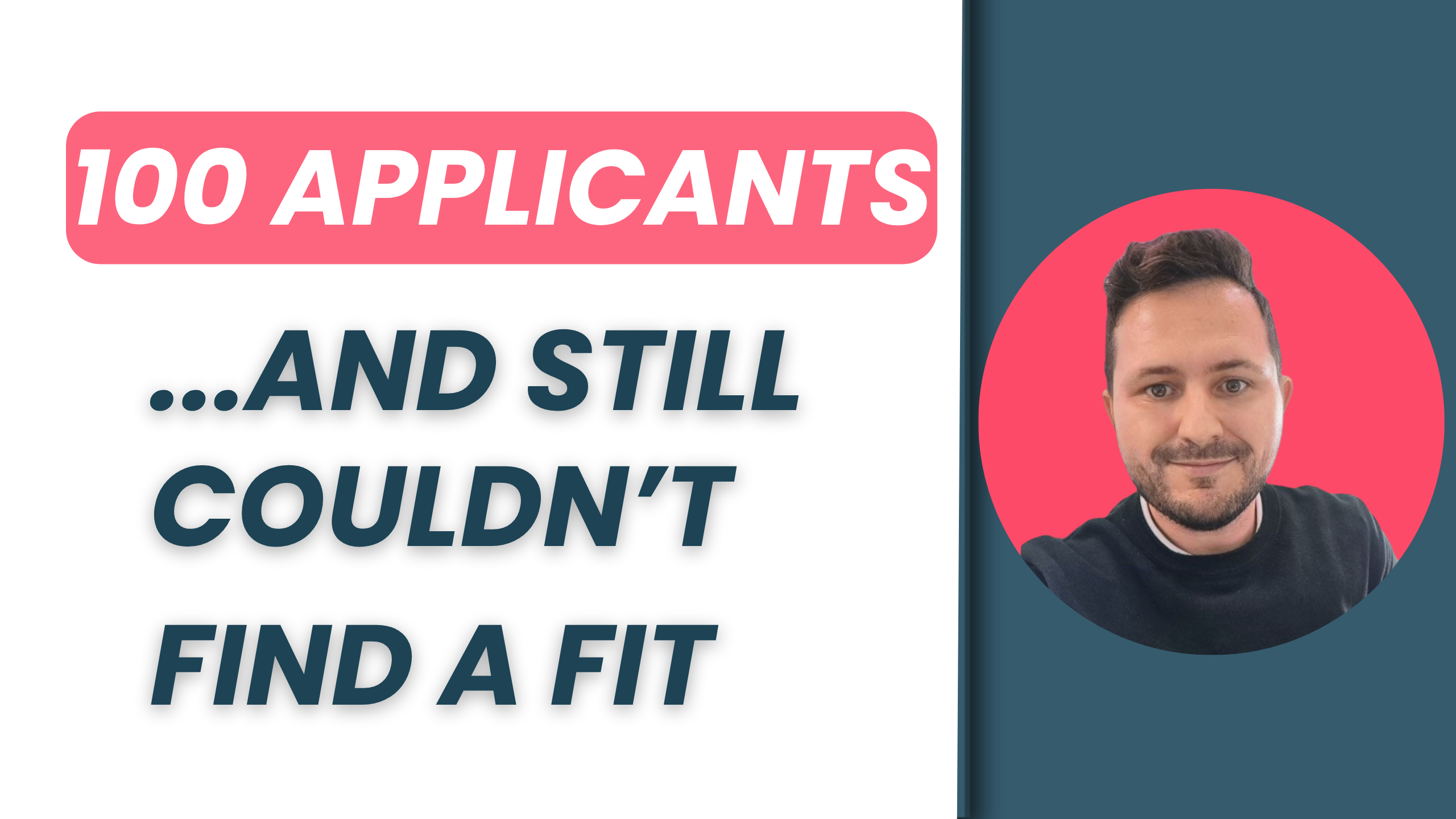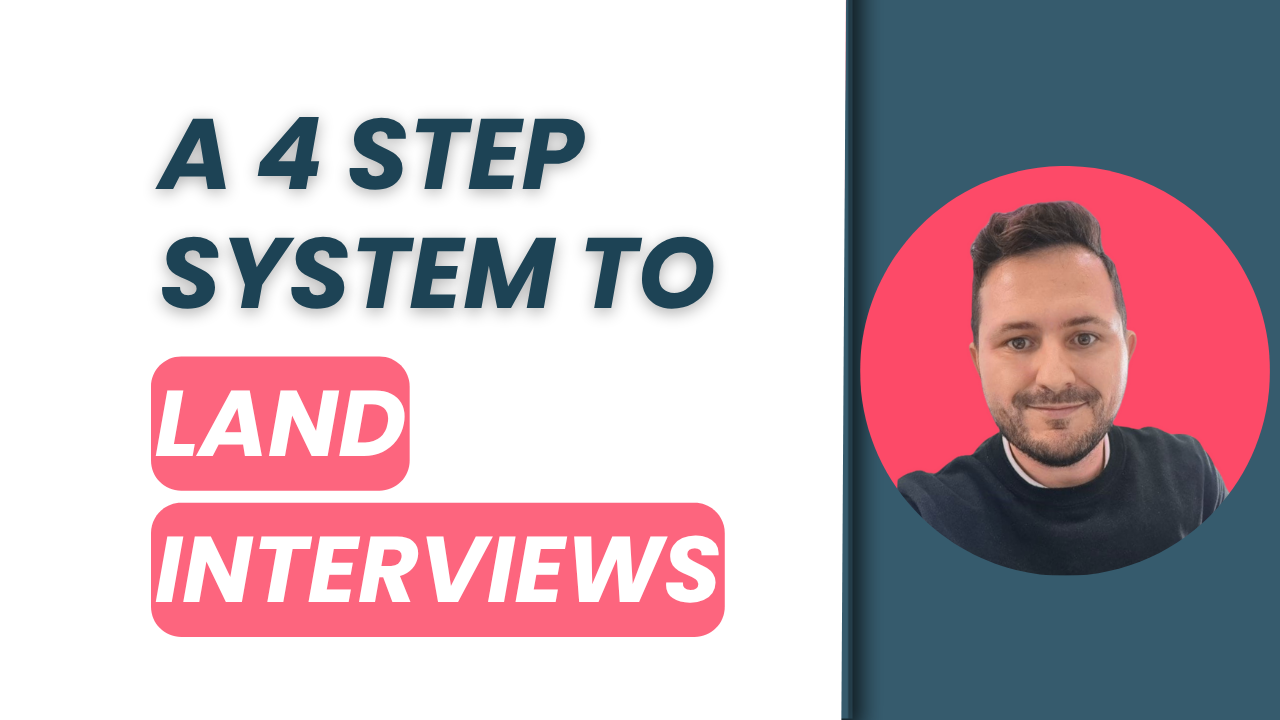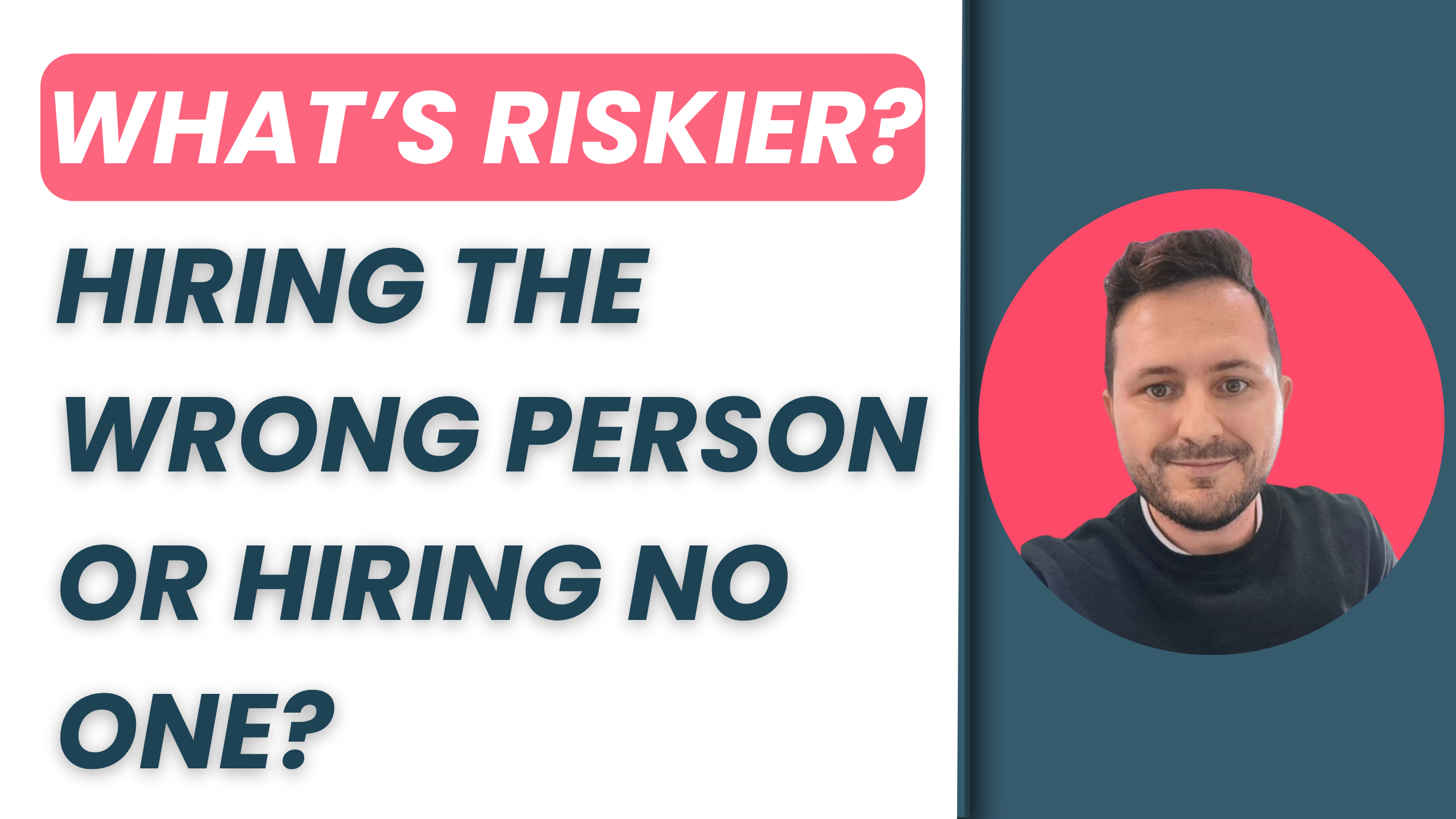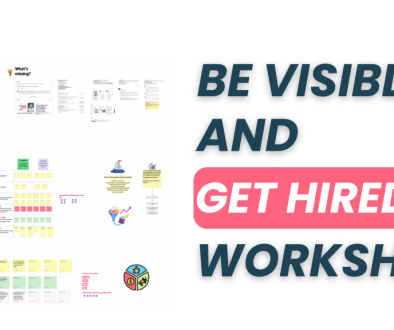Recruiter Red Flags: When ‘Fast Hiring’ Works Against You
Have you ever been bombarded with calls for the same freelance job opening? You know the drill … your phone rings, and it’s yet another recruiter offering you the exact same opportunity you’ve already heard about ten times. Welcome to Spam City, where everyone’s in a mad rush to get your CV, often without even bothering to have a real conversation with you. But let’s cut through the noise for a second; how do you actually choose the right partner to work with? How do you know which recruiter is going to be a genuine ally in your freelance journey?
Let’s dig into what’s really going on and how you can navigate this red ocean of opportunity hunters.
The Behind-the-Scenes Reality of Contractor Job Openings
Here’s the deal: a lot of freelance openings are handled by procurement departments in big companies, and their main focus? Negotiating costs and juggling multiple agencies. Sounds efficient, right? Not always. This setup often turns into a feeding frenzy where multiple recruiters are fighting over the same roles, racing to deliver “fast, good, and cheap” candidates.
The result? Your CV might get pushed through the door without anyone taking the time to understand you—your goals, your preferences, or whether the role even fits. Worse, you might be left in the dark, with zero feedback, wondering if anyone even noticed your application. Frustrating? Absolutely. I’ve been there.
How to Identify the Right Recruitment Partner
After a decade in the talent game, I’ve seen it all. And I’ve learned that finding a good career partner isn’t just about who can get you in front of a client the fastest. It’s about working with someone who adds real value to your career. So, before jumping in with a recruiter, ask yourself (and them) these three key questions to figure out if they’re the real deal or just chasing their numbers.
1. What’s Your Legacy with This Client?
Start by getting a sense of the recruiter’s relationship with the company they’re representing. Do they know the company well? Do they understand its challenges, culture, and what it’s really like to work there? A good recruiter should have these insights at their fingertips, reflecting a deep and ongoing relationship with the client.
If they can’t tell you much beyond the job description, that’s a major red flag. You want someone who’s embedded in the company, not just taking a shot in the dark. A recruiter who has a strong relationship with the client will have a much better understanding of whether you’re a good fit.
2. Do You Have Any Other Consultants Working There?
This question is like asking for references, but flipped. A good recruiter will have placed other consultants with that client and should be able to connect you with them. Not only does this give you insight into what it’s like to work there, but it also tells you something important: this recruiter has a proven track record with the company.
If they can’t give you examples of other consultants they’ve placed, you might be dealing with someone who doesn’t have as strong of a foothold in the company as they claim. And that’s a risk.
3. What Else Can You Tell Me Beyond What’s in the Job Description?
This is your chance to see if the recruiter has done their homework. If they can go beyond the generic job description to provide deeper context about the role, the team, and the company’s long-term goals, you’ve got a winner. It shows they’re committed to finding the right fit, not just filling a vacancy ASAP.
A recruiter who truly knows their stuff will help you see the bigger picture and how the role fits into your broader career plan.
Pro Tip: Don’t Gamble on Your Career
Think about it: you wouldn’t get married without really knowing and trusting your partner, right? (Unless you’re in Las Vegas and feeling spontaneous.) The same goes for your professional relationships. Don’t commit to working with a recruiter—or an agency—without making sure they’re as invested in your success as you are.
Build strong relationships with a few key partners, and track where your applications are going. Working with two or three agencies gives you a broader reach without the confusion of duplicate opportunities flooding your inbox.
So, the next time a recruiter calls you, don’t just listen to their pitch. Ask the right questions, make sure they’re in it for the long haul, and find someone who’s committed to your success. Because in the end, the right partner can be the difference between landing just another gig and building a career you’re genuinely proud of.
